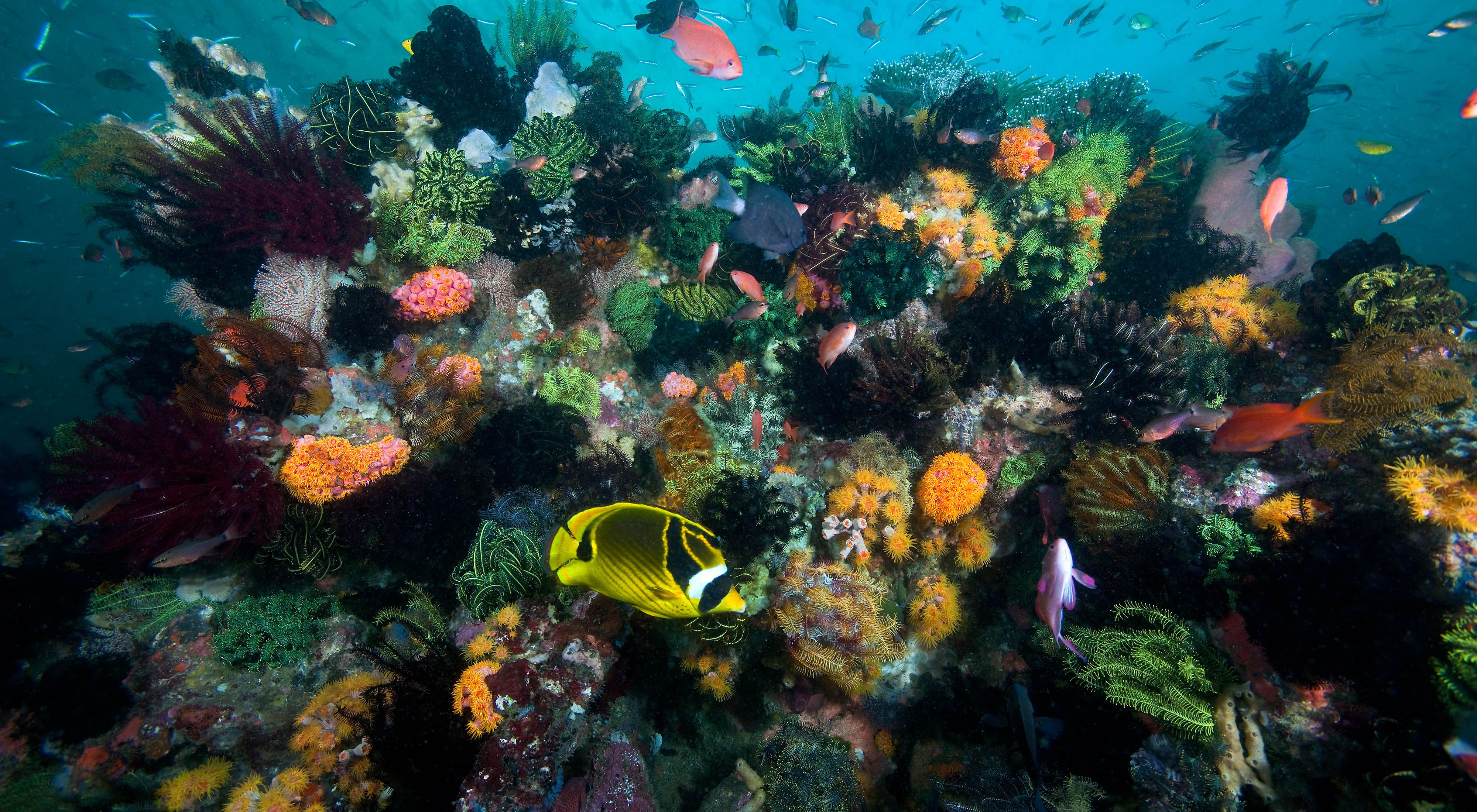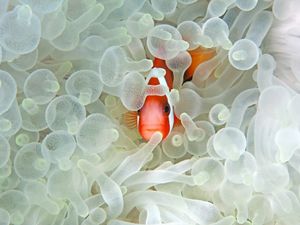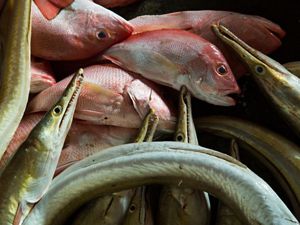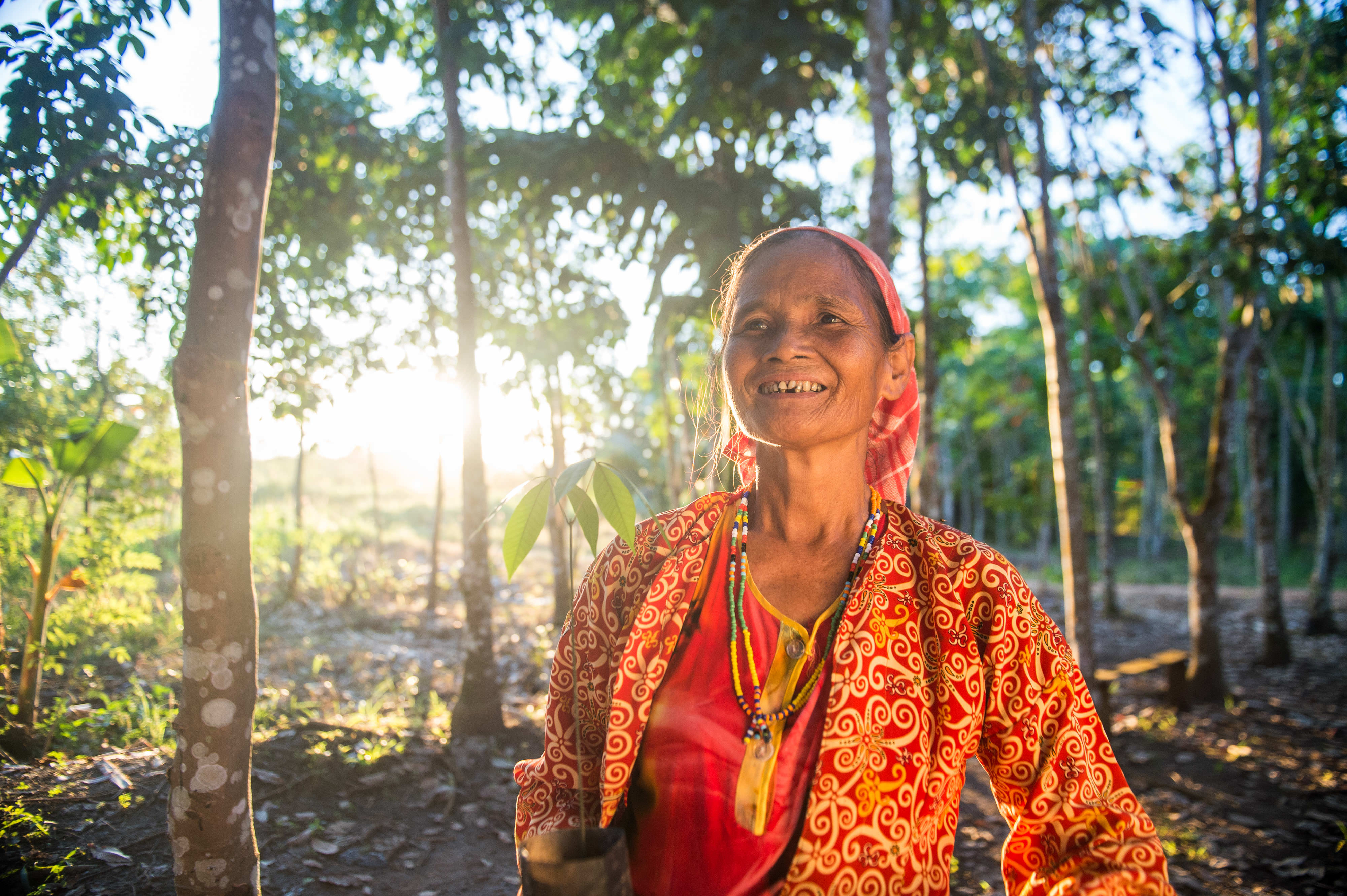Indonesia’s Lesser Sunda Region
Unique habitats and a wealth of species attract large numbers of tourists and have provided a source of livelihoods to local villages.
In July 2018, The Nature Conservancy (TNC) celebrated its 10-year anniversary in Lesser Sunda, an array of islands and seas stretching over Bali, West Nusa Tenggara, East Nusa Tenggara, and Southwest Maluku. This eco-region is one of the 11 ecoregions within the Coral Triangle.
Unique habitats and a wealth of species attract large numbers of tourists and have provided a source of livelihood for 11 million locals living in the coastal villages.
Throughout the years, TNC has been collaborating with various stakeholders to sustainably manage the region. Ecosystem-based management focuses on regulating human interaction to create a healthy, productive and resilient ecosystem able to continuously provide services for human beings.
TNC and partners have implemented a range of management practices, including a resilient marine protected area network that protects biodiversity and fisheries; marine spatial planning that proactively identifies and resolves conflicts between human and nature; and a marine protection agreement that brings many different parties together to agree on conservation goals. TNC supports the government in perfecting a scientific design for a marine protected area network that connects 77 key areas in Lesser Sunda that potentially provides protection for 7.7 million hectares of more marine areas.
Today, TNC through its main partner, Yayasan Konservasi Alam Nusantara (YKAN), supports the conservation of the 3.35 million-hectare Savu Sea National Park managed by government and 229,000 hectares of marine areas that include nine newly-designated marine protected areas in West Nusa Tenggara. The customary sustainable marine management in 10 regencies around the Savu Sea National Park is gaining more momentum, and rights-based fisheries management has been successfully adopted in Rote through the Papadak Hoholok custom.



